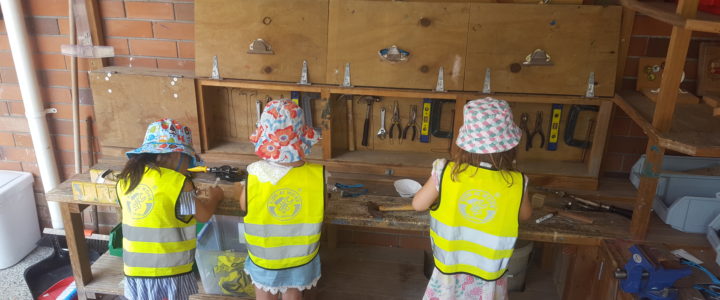Don’t miss out on the Early Years Summit this spring
for full information click here
Early Years Summit
The 2019 Spring Summit:
Challenge and Risk in the Early Years
29th April 2019 to 5th May 2019
Get Your FREE Ticket for the 2019 Spring Summit »
Or you can buy any of the previous Summit recordings to keep and watch forever here.
Here are just some of the things you’ll learn at the Spring 2019 Summit…
What is meant by Risky Play?
What are the benefits of Risky Play?
How can we create suitable environments?
Stretching and challenging children
Benefits of raising expectations for children
Physical, cognitive and intellectual challenges
Effective policies and procedures
Supporting staff with understanding ‘risks’ including allergies
Teaching staff about suitable challenges
Alice
Nursery Owner, Canada
This was the easiest, most comfortable, convenient form of education I have ever been involved in! My daughter also participated in the Early Years Summit and introduced this concept to me which I absolutely loved. We have educated and cared for children for over 25 years may I say it was magnificent to meet and hear of others in our field all over the world! Kristal and I have picked up a few ideas from the summit introducing the ideas to our children and families have proved to be most successful and FUN!
Just want to tell you how much I am enjoying the Summit … I have been introduced to some new things … and have already looked into training to be an INPP as a direct result of your summit (I did not know about this role beforehand, and seems to be the missing link that I have been looking for all these years)!
M.G.
Early Years Professional
Your Host
Kathy Brodie
Your host for the Summit is well known Early Years author and expert, Kathy Brodie.
She’s the author of multiple books on Early Years childcare and is the founder and organiser of the Early Years Summit and Early Years TV – the leading free online CPD resources for Early Years Practitioners and Educators globally.
She’s also created a number of online training courses covering Observation Assessment and Planning, Sustained Shared Thinking and Schematic play, which you can find here.
speakers confirmed already
Alistair Bryce-Clegg
Dr Tim Gill
Kathryn Solly
Helen Little
Dr Diane Kashin
Peter Moorhouse
Dr Mariana Brussoni
Niki Buchan
Sandi Phoenix
Julie Mountain
Rachel Buckler
Chanie Wilschanski
Chris Phoenix
Sid Mohandas
Dr Ellen Beate Hansen Sandseter


